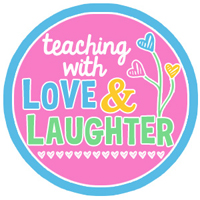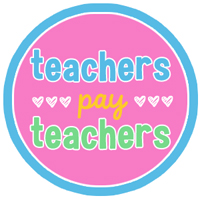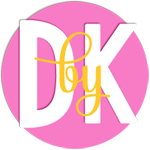Do you have students who need help with some early literacy skills? Or students who have mastered most of the skills, but have some difficulty following directions, so they often answer questions wrong, even though they understand the concept?
I do! I do!
I needed a way for them to practice general readiness, phonemic awareness, phonics, and structural analysis skills, so they would feel more confident when taking tests and learn to analyze directions so they didn't get questions wrong because they weren't paying attention to the key words in the questions.
So, I came up with these early literacy practice pages.
I've been using them in small groups and they are really helping students to think about what the questions are asking and to look at each answer choice carefully. Many of them contain answer choices that are similar and look correct.
Here are all the skills included...
Most of the skills contain 2 different activity sheets, and there are some that contain more. Blends has 3 different sheets, mixed review has 4, and word families has 5 different sheets.
Here is an example of one of the sheets. See how some of the wrong answers look like they could be right, if you don't pay close attention to the question?
This one is all about rhyming. I came up with quite a few different ways to test the children's understanding of rhyming.
When I complete a sheet with an individual or small group, we go very slowly. I help the children read the questions and identify the pictures with them. These sheets were not created for children to complete independently. So many teachable moments would be missed!
Once an answer has been chosen, we discuss why it is the right (or wrong) answer. It is very interesting, and very telling, to hear the children explain why they chose an answer. It is during this conversation that children usually figure out if they chose the wrong answer. I tell them that they fell for my trickery and to be super careful not to let that happen. They love the challenge!
Answer keys are included for teachers to refer to. I highly suggest using it because it will tell you what each picture depicts, just in case you can't figure it out on your own.
If you are looking for a great way to help students who have difficulty with a few or many early literacy skills, or students who don't read or listen to directions very well, then you may want to check these out. You can find them by clicking here or on the image below.


































.JPG)



